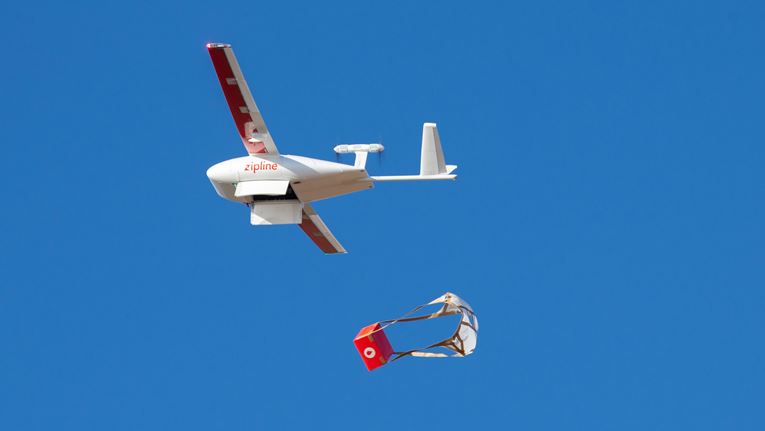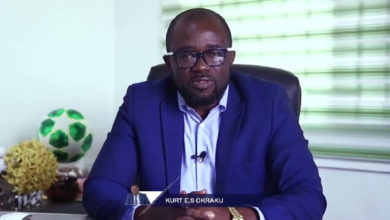
The President of the Ghana Registered Nurses and Midwives Association (GRNMA), Perpetual Ofori-Ampofo has said that Ghana’s health system requires more than drones to deliver efficient healthcare.
She said this in an answer to a question posed by Keminni Amanor on Hot Issues, March 31, 2024.
“The health sector needs more improvement than just drones,” Mrs Ofori-Ampofo said.
The government has been touting the improvements that the use of drones to deliver medications to remote areas has brought to the healthcare delivery system.
However, according to her, “We need to improve and ensure that the equipment we need and the medications we need are always available. The storage systems are available. If they were there and you had storage to ensure that you keep those medications at the right temperatures or the blood at the right [place]. Why would you need a drone to deliver it from somewhere else?
Mrs Ofori-Ampofo further explained, “When you talk about the health system, it needs to be a more coordinated effort with all sectors. So, transport or road networks, housing, utilities. All those things, everything needs to work together for the good of the community in which Ghanaians are living.”
She stressed that the environment in which health facilities are built should be conducive for the health professionals who are stationed at those facilities.
“An environment where they [health professionals] can also bring their children to school there or their families there, and all of those things,” the GRNMA President lamented.
Brain drain: Close to 6k nurses have left Ghana since August 2023 – GRNMA President reveals | 3News
On the same show, she revealed that as a result of the poor conditions of service, over 6,000 nurses and midwives have left the country for greener pastures.
“We have been collating the numbers from August last year till date, about 6,000 nurses have left Ghana in search of greener pastures,” said Perpetual Ofori-Ampofo. on
She further indicated that some nurses are compelled to work in mud houses.
According to her, members refuse to accept postings to these rural areas.
“When we had to send student trainees to these rural areas, you would see firsthand the trouble people have to go through just to provide service or live in such areas, and it hasn’t changed over the years. It is still the same,” she told Keminni Amanor.




